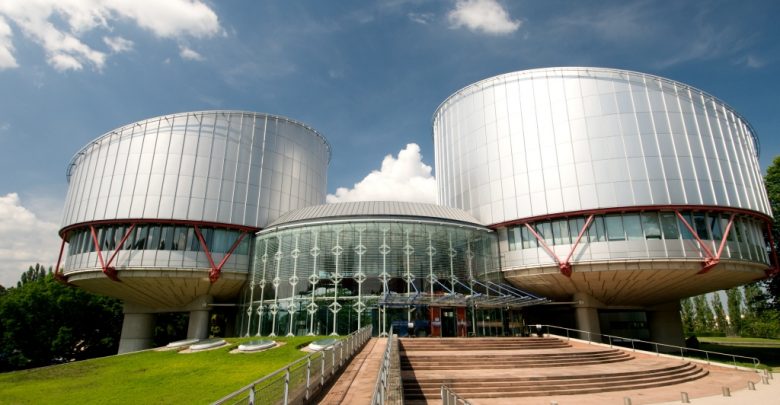
ECtHR Finds Failure of Criminal Investigation in ‘Gavrilov’s Night’ Cases, Orders State to Pay Damages
On May 7, the European Court of Human Rights (ECtHR) released its judgement on the cases concerning the violent dispersal of protests on June 20-21, 2019, known as “Gavrilov’s Night”, finding a failure of proper criminal investigation under the procedural limb of Article 3 (prohibition of torture). The Court holds unanimously that there has been a violation of the procedural aspect of Article 3 and orders the Georgian side to pay damages ranging from EURO 15,000 – 1,800, plus EURO 6,000 for all costs and expenses.
26 Georgian activists and journalists applied to the Strasbourg Court with 5 cases – Berikashvili v. Georgia, Kurdovanidze and others v. Georgia, Baghashvili and others v. Georgia, Svanadze v. Georgia, Tsaava and Kmuzov v. Georgia. The applications against Georgia were submitted to the Court under Articles 3, 10, 11, 13, 34 of the Convention for the Protection of Human Rights and Fundamental Freedoms (some applications were submitted under all of these Articles, while some were submitted under only some of these Articles).
The Court notes that Georgian authorities “promptly” and “on their own initiative” opened the investigation, and recognizes that the complex nature of the criminal investigation posed some challenges for the Government in analyzing the available material in a timely manner. “However, it cannot find that the reasons advanced by the Government are sufficient to justify the failure to make a diligent effort to pursue key lines of inquiry, a situation which has continued for more than four and a half years.”
The Court notes that the Government did not dispute that the applicants’ injuries were caused by rubber bullets. It adds that “the Court cannot overlook the general risk to the lives and health of individuals posed by the improper use of such non-lethal ammunition. Accordingly, the Court finds that all the injuries suffered by the relevant applicants – which were duly documented – were sufficient to bring Article 3 of the Convention into play.”
However, the Court finds the violation of Article 3 only in the procedural part, not in the substantive part, taking into account the complex nature of the investigation, the Covid-19 pandemic that slowed down the investigation process, and also the fact that many applicants applied prematurely. It notes that a substantive analysis cannot be conducted until the end of the government investigation.
Importantly, the ECHR notes that one of the problems the government faces in its investigation is the fact that the officers who fired the rubber bullets that injured people cannot be identified because they are masked and have no identification. “…where the competent national authorities deploy masked police officers to maintain law and order or to make an arrest, those officers should be required to visibly display some distinctive insignia, such as a warrant number. The display of such insignia would ensure their anonymity, while enabling their identification and questioning in the event of challenges to the manner in which the operation was conducted,” – states the Court.
At least 240 people, including about 40 journalists and 80 police officers, were injured in the police dispersal of the anti-occupation rally outside the Parliament building on Rustaveli Avenue in Tbilisi on June 20-21, 2019. Tensions flared in Tbilisi after Sergei Gavrilov, Russian communist MP, addressed the Inter-parliamentary Assembly on Orthodoxy session held in the Georgian Parliament from the Speaker’s seat on June 19, 2019.
Also Read:
- 28/12/2023 – Interior Ministry Ordered to Pay Damages and Monthly Allowance to June 20 Protesters
- 20/06/2023 – Interior Ministry Ordered to Pay GEL 30,000 to June 20 Protester
- 24/09/2021 – Interior Ministry Ordered to Pay Damages to June 20 Protester
This post is also available in: ქართული Русский